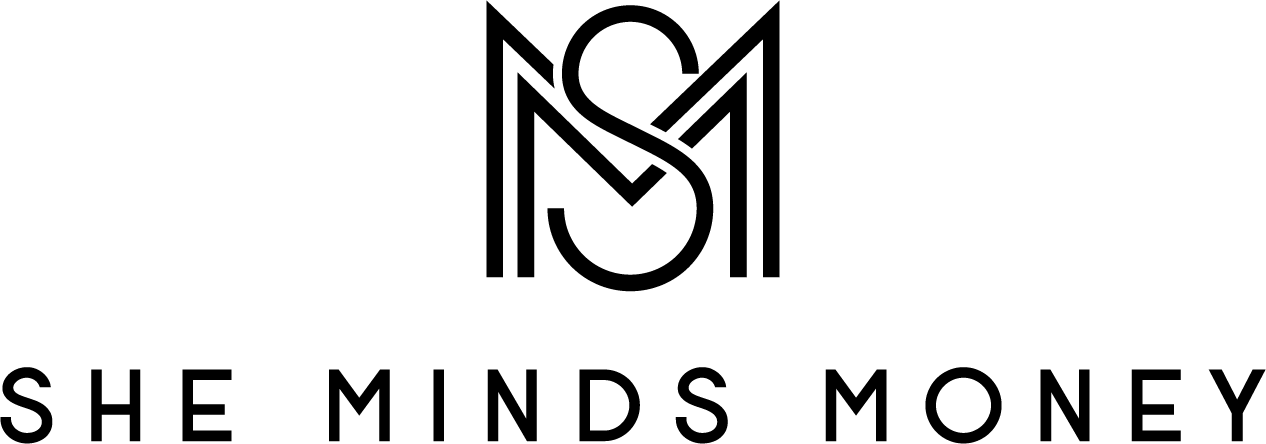Journaling for financial wellness: Get to know your money and yourself
Journaling is a simple and free way to embark on, or deepen your path to financial wellness. Here, I’ll share a few reasons why I think journaling is such a useful tool to have on your journey to financial health, some examples of what financial journaling can actually look like, and share a few prompts to get you started.
Here are a few tips to get you started with journaling. First, make sure to give yourself enough time to be with your thoughts, but not so much that journaling feels like an obligation. For most people, 20-30 minutes at a time is sufficient. Journaling is most effective as a regular habit, but if time doesn’t permit, it can also be done on an as-needed basis. Do your journaling in a quiet, private environment without distractions, and do what you can to make the experience comfortable and enjoyable. Finally, for these exercises to be effective, you must actually write down your thoughts and responses. Whether you prefer pen and paper or using a computer doesn’t matter. But, simply thinking about these questions without taking the action of writing your responses will not allow you to get the most out of them.
“Journaling can help you explore your past, present, and future around money, and for this reason, it’s widely applicable at any stage of your journey.”
Journaling can help you explore your past, present, and future around money, and for this reason, it’s widely applicable at any stage of your journey. Probably the easiest way to get started with financial journaling is to use it to document your financial actions in the here-and-now. Doing this can help you better understand your spending patterns and how emotions affect them. To get started, some people find that it’s useful to keep a notebook to jot down each purchase as it’s made. Be sure to include information categorizing the purchase as a want/need, how you were feeling before you made the purchase, and how you felt afterwards.
Another way to do this (particularly if you’re trying to cut back on spending) is to document times when you have the urge to buy something, but don’t follow through with it. In this case, write the date, what the item is, the cost, why you want the item and why you didn’t buy the item at this time. Many people find that this type of list is also a helpful way to evaluate purchases before you make them. To do this, make a rule for yourself about how long you must wait before making a purchase; many people use 24 hours, but I find that this exercise is most useful to me with something closer to 72 hours. Write the item’s information down, and come back to it after enough time has passed. Did you remember the item? Is it still something you’re interested in purchasing? Did your reasons for or against making the purchase change? When you evaluate the list, try to approach it without judgement of yourself - it will be most useful to you as an honest and active reflection of your wants and needs.
Journaling can also be a safe and effective way to examine your financial past and how your beliefs about money (also known as money scripts or money mindset) developed. One way to do this is to start by asking yourself what your earliest memory around money is. Who was there? What happened? Why does this memory stand out? You may also find it useful to reflect on the adults or authority figures in your life when you were young and how they behaved around money? What lessons did you learn from the role of money in their lives? How do you see these patterns reflected in yourself today? Do you behave similarly or have you taken an alternative approach? Remember, there are no right or wrong answers here. The value in these exercises truly is in learning more about yourself and getting to know your relationship with your money.
One of my favorite ways to use journaling is as a tool to envision your future, expand on your dreams for yourself, and clarify your goals. For example, consider what you would do with your life and your time if money were no concern. What would look different in your life and what would stay the same? Are there steps that you can take now to bring yourself closer to your vision? Similarly, you may choose to reflect on how you might behave differently with money if you felt differently about it. For instance, if you were more confident with money, would that change your behavior with it? Would you spend or save differently? What about if you viewed money as a tool for your life, rather than a hindrance? With these questions and your answers in mind - are there any changes you can make to your day to day life to begin behaving more confidently with your money, or to view it in a more useful way?
These are just a few examples of how journaling can be useful in your financial life. If the idea of journaling around finances is new to you, I hope that you’ll give it a try. Leave a comment to let me know how it goes, or reach out via email for more information.

